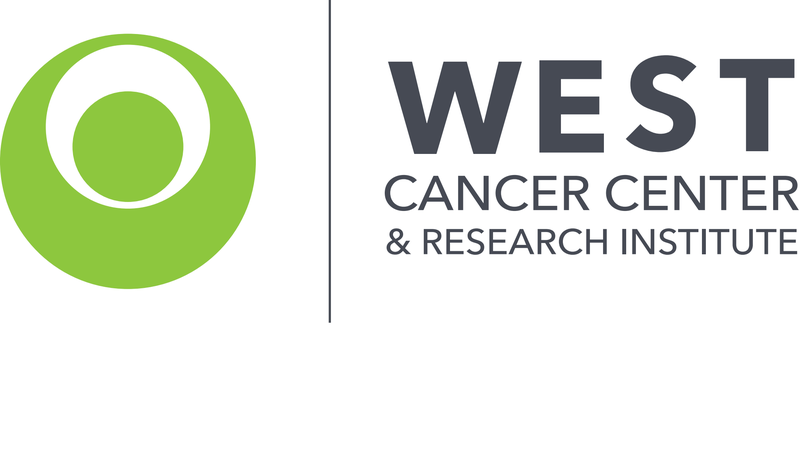
Dr. Gieschen on Toxicities Associated With Radiation Therapy in Prostate Cancer

Holger L. Gieschen, MD, assistant professor, University of Tennessee Health Science Center, radiation oncologist, West Cancer Center, discusses the toxicities associated with radiation therapy in prostate cancer.
Holger L. Gieschen, MD, assistant professor, University of Tennessee Health Science Center, radiation oncologist, West Cancer Center, discusses the toxicities associated with radiation therapy in prostate cancer.
Acute and long-term urinary toxicities are common, says Gieschen. The proximity of the rectum to the prostate can cause rectal toxicities, such as bleeding and radiation proctitis, he adds. However, there are several ways to minimize these events. For example, hydrogel can be placed between the rectum and prostate in order to increase the distance between the 2 areas. If these toxicities do occur, which action to take will depend on severity. Usually a conservative approach is preferable to a surgical intervention in the management of these adverse events.
Not all of these toxicities are reversible, says Gieschen. For example, impotence is something that can occur, with which patients experience a decline over time that eventually becomes irreversible. However, these events are often treatable with different options.




































